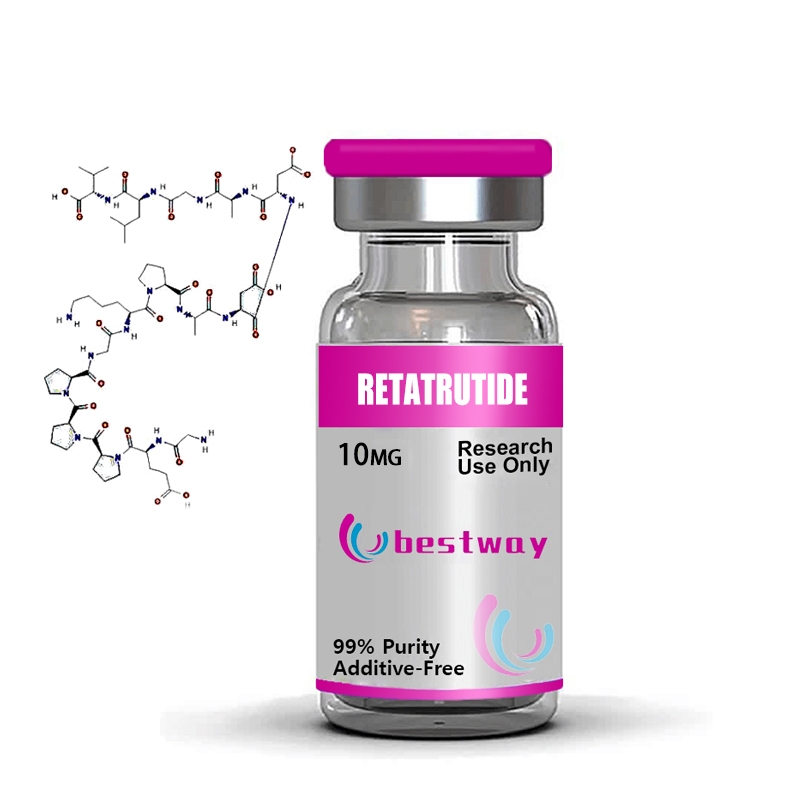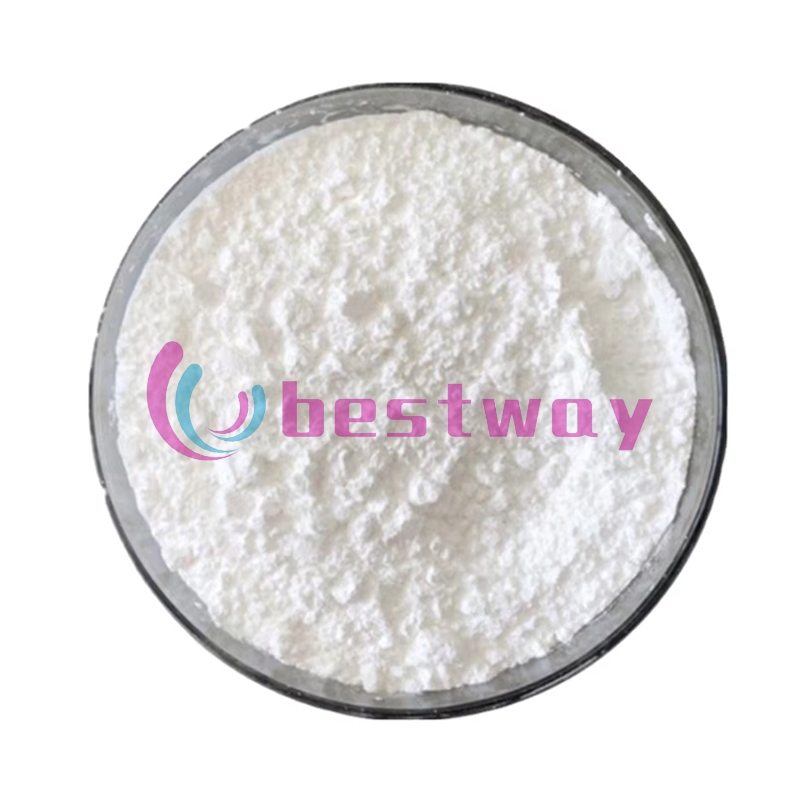-
Categories
-
Pharmaceutical Intermediates
-
Active Pharmaceutical Ingredients
-
Food Additives
- Industrial Coatings
- Agrochemicals
- Dyes and Pigments
- Surfactant
- Flavors and Fragrances
- Chemical Reagents
- Catalyst and Auxiliary
- Natural Products
- Inorganic Chemistry
-
Organic Chemistry
-
Biochemical Engineering
- Analytical Chemistry
-
Cosmetic Ingredient
- Water Treatment Chemical
-
Pharmaceutical Intermediates
Promotion
ECHEMI Mall
Wholesale
Weekly Price
Exhibition
News
-
Trade Service
Sodium phenylbutyrate (SPB) is a chemical compound that is commonly used in the chemical industry.
It is an organic salt that is synthesized by the reaction between phenylbutyric acid and sodium hydroxide.
SPB is a white, crystalline solid that is soluble in water and has a slightly unpleasant, sweet odor.
It is used in a variety of applications, including as a synthesis intermediate for the production of polymers and other chemicals, as a catalyst for chemical reactions, and as a pharmaceutical agent.
One of the key advantages of SPB is its safety.
Unlike many other chemicals that are used in the chemical industry, SPB is not highly reactive or hazardous to handle.
This makes it a popular choice for a wide range of applications, as it can be safely used without the need for extensive safety precautions.
One of the main reasons why SPB is so safe to handle is its low reactivity.
Unlike many other chemicals, SPB does not readily react with other chemicals or substances, which reduces the risk of accidents and injuries.
This makes it a safer choice for use in industrial settings, where there is a higher risk of accidents and incidents.
In addition to its low reactivity, SPB is also relatively non-toxic.
When ingested or administered in small amounts, it is not likely to cause harmful effects in humans or other living organisms.
This makes it a safe choice for use in a variety of applications, including as a pharmaceutical agent.
Another factor that contributes to the safety of SPB is its low flammability.
Unlike many other chemicals, SPB does not readily ignite or burn, which reduces the risk of fires and explosions.
This makes it a safer choice for use in industrial settings, where there is a higher risk of fires and explosions.
Overall, the safety of SPB makes it an attractive choice for use in the chemical industry.
Its low reactivity, non-toxicity, and low flammability make it a safe and reliable chemical that can be used in a wide range of applications without the need for extensive safety precautions.
However, it is important to note that while SPB is generally safe, it can still cause harmful effects if mishandled or ingested in large amounts.
It is important to always follow proper safety protocols and handle SPB with caution to avoid any potential risks or hazards.
In conclusion, Sodium phenylbutyrate is a safe chemical compound that is commonly used in the chemical industry.
Its low reactivity, non-toxicity, and low flammability make it a reliable choice for a wide range of applications.
While it can still cause harmful effects if mishandled or ingested in large amounts, proper safety protocols can prevent any potential risks or hazards.
Overall, SPB is a safe and useful chemical that is widely used in the chemical industry.






